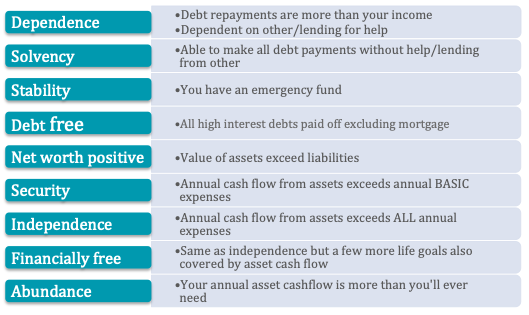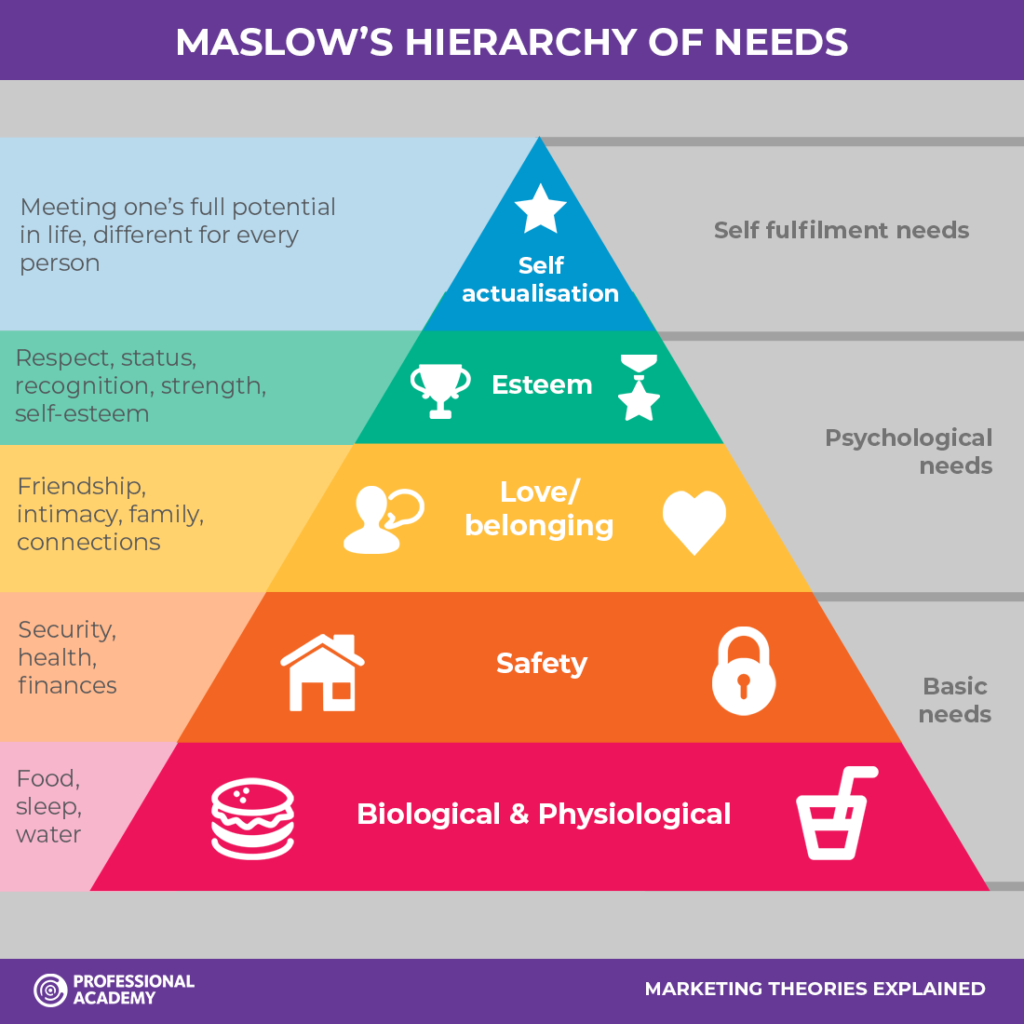This post outlines the concept of financial independence, the 9 stages of wealth, some basic investment principles and why you’d want to stop working for money. If you prefer to watch, you can also find this video on YouTube.
Concept of financial independence
If you’ve been a long time reader, you’re likely well aware of the concept of financial independence. But for those who may just be joining, I’ll give a quick overview. The definition can be different to each person but at the most extreme it’s the ability to invest enough money where the interest alone fully covers your annual expenses.
9 Stages of Wealth
Bout how do you become financially independent? Firstly, you’ll need to understand the different stages of wealth which can be broken down into the below:

Progressing to each stage gives you more and more options and freedom to take more risks with your life and career choices.
Basic Investment principles
Rule of 72
The rule of 72 is a calculation used to figure out how many years it will take for your investments (or debt) to double. You take the number 72 and divide by your interest rate. This will give you the number of years it will take for your investment or debt to double (without any additional contributions/payments).
So, for a credit card charging 21% interest it will take 3.4 years for your debt to double if you don’t make any payments against the principle
For an investment earning 10% it will take 7.2 years for your initial investment to double without additional contributions.
This is a basic guide to help you see the power of compounding, be if for you (investments) or against you (debt).
The 4% rule
If you’ve ever done retirement planning you may have come across the 4% rule. This is based on a study done at Trinity University in 1998 in an attempt to determine the safe withdrawal rate from a retirement portfolio containing assets which perform irregularly over time.
As you may have guessed, the study found that if you only withdraw 4% of your initial portfolio every year, you will be able to sustain your lifestyle for a very long period though of course depends on the performance of your portfolio and something called sequence of return risk.
In order to figure out how much you need in investments to cover your annual expenses you take your current annual expenses and multiply by 25. This can seem like a scary and unattainable number but I will show you how, if you can get your savings/investment rate to 50%, you can get there in about 15 years, even in Ireland without tax free savings accounts and high taxes on investments.
Why you’d want to stop working for money
I’m going to go into the psychology of money and happiness in another post but will dip into it a bit here
Maslow’s hierarchy of needs
Maslow’s hierarchy of needs is a motivational theory of human needs. It states that the needs on the lower levels must first be let before needs on the higher levels can be attended to.
These levels are depicted in the pyramid below:

While you can be touching on a lot of these at any one point, you will not fully progress to the next tier until all lower needs are met. So, if you are living pay check to pay check you cannot feel financially secure, your relationships may struggle or you will not be working to your fullest potential. Money stress results in divorce, health issues, lack of productivity at work and at home. If you don’t need money, you end up doing your best work and can focus on the important relationships in your life.
Now I’m going to paint a picture:
Imagine a life where:
- You no longer stress about money
- You have cash at hand to cover unexpected expenses
- You have cash at hand to pay for annual expenses in full
- You no longer live pay check to pay check
- You no longer feel trapped in a job you don’t love
- You can afford to take time off when stressed or ill
- You can afford to take extended breaks from work to travel, spend time with family and do the things you love most
- You have the freedom to work on projects or jobs that you are passionate about
- You have enough assets to ensure your family won’t need to worry about money if you get sick or pass away (without the need to illness or life insurance).
If you earn enough money to cover your base expenses and have even some money left over, you CAN achieve this lifestyle well before traditional retirement age.